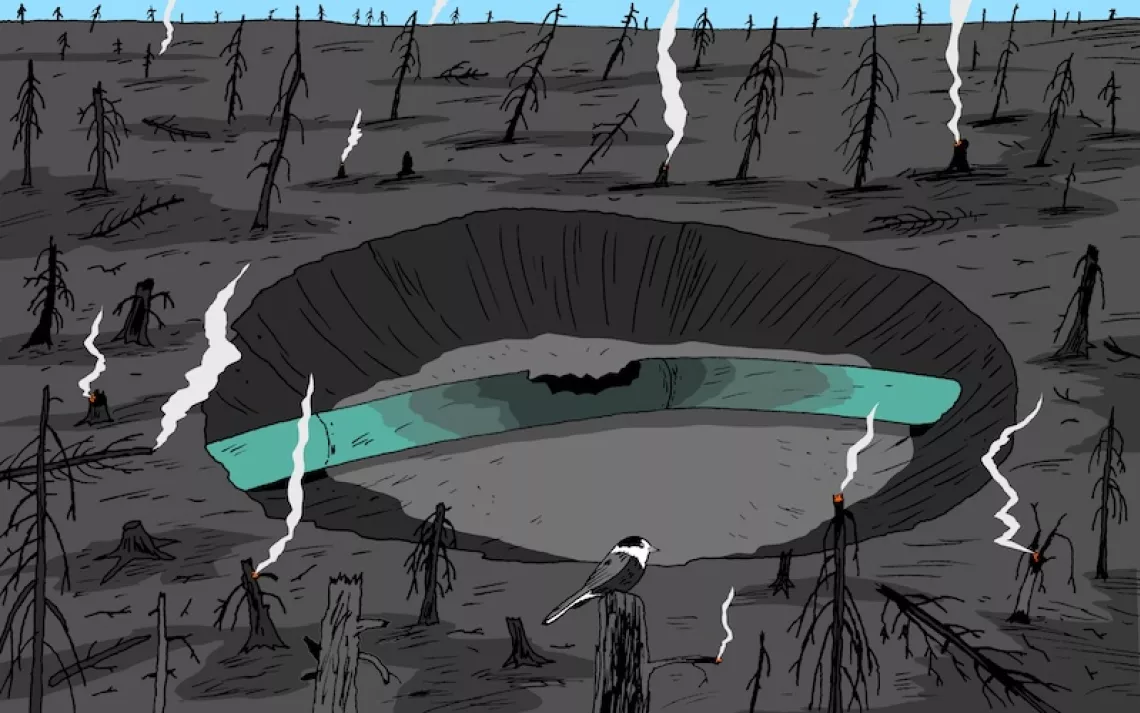Coral Rescue
U.S. oceans agency announces sweeping protections for coral.

Acropora globiceps coral | Photo courtesy of NOAA
In what the Center for Biological Diversity calls “the single-largest protection decision for corals under the Endangered Species Act," last week the National Oceanic and Atmospheric Administration (NOAA) announced that it would extend Endangered Species Act protections to 20 coral species, increasing the number of coral species protected in U.S. waters to 22. (Elkhorn and staghorn coral were listed as threatened in 2006.)
In 2009 the environmental group petitioned NOAA to protect 83 coral species. In response, in 2012 the federal agency proposed protecting 59 species in the Pacific (7 of which would be considered “endangered”) and 7 species in the Caribbean (5 of which would be considered “endangered.”) In addition, the agency planned to downgrade elkhorn and staghorn corals from “threatened” to “endangered.”
Under the latest decision, all 20 newly protected species will be categorized as “threatened.” Fifteen of them are found in the Indo-Pacific, five in the Caribbean. While threatened status does not automatically force restrictions on fishing or development, federal agencies undertaking projects that could harm corals must now consult with the oceans agency first.
“There is a little bit of a mixed reaction because there were some corals that we felt deserved protection that didn’t ultimately get it,” Center for Biological Diversity Oceans Director Miyoko Sakashita told ScienceInsider, the news blog of the journal Science. But in a press release she added, “This decision is a big step forward for corals. The world’s coral reefs are in crisis from global warming and acidifying oceans, and it’s great news that 20 coral species will get the safety net of Endangered Species Act to help them survive these threats.” NOAA notes that coral reefs worldwide have declined significantly, and some species have declined by 90 percent or more.
 The Magazine of The Sierra Club
The Magazine of The Sierra Club






